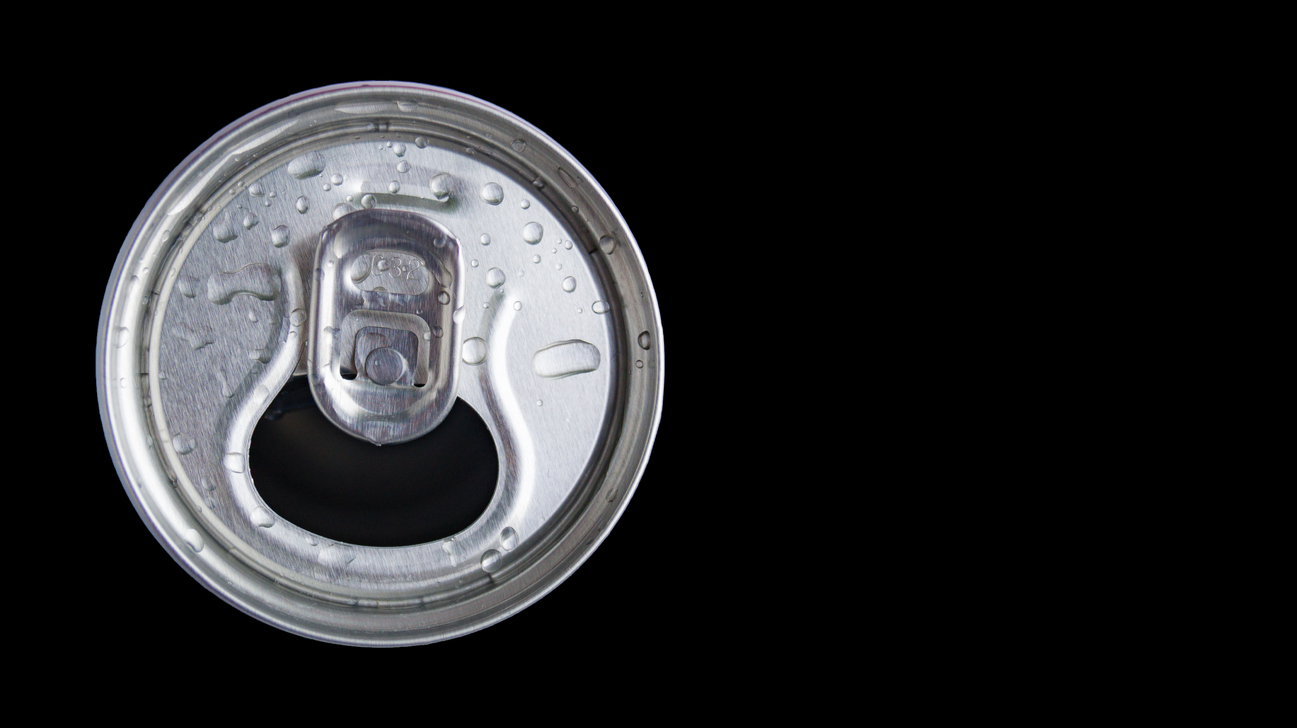This website uses cookies so that we can provide you with the best user experience possible. Cookie information is stored in your browser and performs functions such as recognising you when you return to our website and helping our team to understand which sections of the website you find most interesting and useful.
The Portman Group warns about marketing hard seltzer products
The Portman Group has issued new guidelines to drinks companies in the hard seltzer category, which is predicted to grow from £10m to £600m by 2025 in the UK.

As the hard seltzer category continues to grow, so does consumer awareness. This is reflected in the UK where consumer awareness of ‘hard seltzers’ has doubled to 14% of adults having heard of the sub-category, new research by The Portman Group shows.
However, understanding of the term ‘hard seltzer’ is low, as 65% of consumers fail to recognise what it means when the word ‘hard’ is linked to ‘seltzer’.
Still in its infancy, the UK’s hard seltzer category was predicted to be worth £10.4 million by 2021 (CGA and Kantar, year to November 2020). Research shows it is forecast to reach around £600 million by 2025, equivalent to the current size of the RTD category (Nielsen, October 2019-August 2020), according to Drinks Retailing.
The Portman Group has issued new guidelines for companies developing hard seltzer products to ensure they inform consumers that hard seltzers are alcoholic.
Hard seltzers are often marketed as a healthier, low-calorie option for drinkers in other regions. In the UK, it is against the law to make any health claims by alcoholic drinks, and this is also stipulated in the Portman Group Code of Practice Naming, Packaging and Promotion.
In response to the figures, Matt Lambert, CEO of the Portman Group, said: “The UK is the leading European market for hard seltzers, but the phrase has yet to be anglicised and commonly understood.
“It is therefore incumbent on producers to ensure that UK consumers have additional cues to ensure that they understand that ‘hard’ products are alcoholic and are not alluding to a product’s higher alcoholic strength.
To reduce risk of consumer confusion the updated guidance on hard seltzers recommends that the ABV and references to ‘alcohol’ or the word ‘alcoholic’ are included on the front of the packaging.
Related news
Bourgogne wine see global growth despite difficult market conditions

